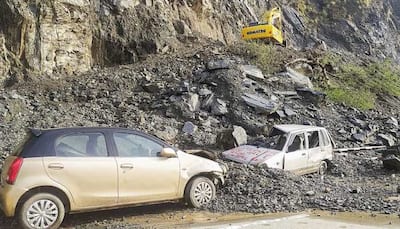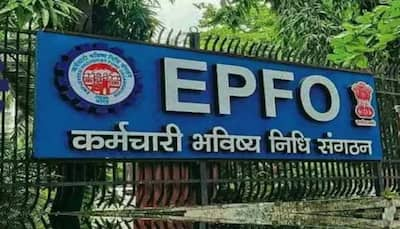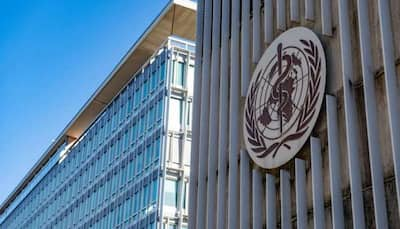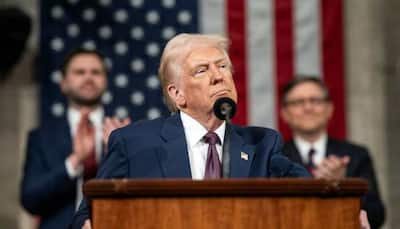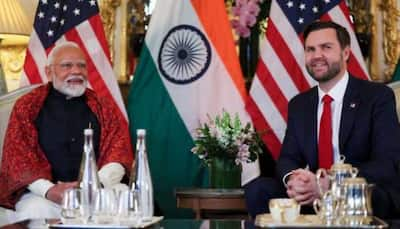Across the world, trust in the World Health Organization (WHO) is being re-evaluated. The United States’ decision to walk away from the institution marked a turning point, prompting countries like Argentina, Hungary, and Russia to reconsider their ties. Critics argue that WHO is no longer functioning as a neutral health body, but one increasingly shaped by a few powerful donors and external interests.
This points to a broader problem: a global health system that often sidelines national realities, resists adaptive policymaking, and places ideology over practical outcomes. For a country like India-home to 1.4 billion people with diverse health challenges-that rigidity is a serious constraint. India has a track record of charting its own course. During the HIV/AIDS crisis, it stood firm against multinational pressure to provide affordable generics-redefining global access. India’s polio campaign succeeded through local innovation and community-led outreach, not imported frameworks. And during the COVID-19 pandemic, India not only developed its own digital vaccination platform (CoWIN) but also led the global call for a TRIPS waiver to ensure vaccine equity. These aren’t just health success stories-they are blueprints for health sovereignty. Nowhere is this more evident than in tobacco control, where global policy has become heavily donor driven. There have been questions around WHO’s Framework Convention on Tobacco Control (FCTC) as well that affects countries like India the most, feel experts.
As India envisions an Atmanirbhar Bharat, this self-reliance must extend to public health policymaking. That includes advocating for a greater voice representing Global South in setting international health priorities, encouraging more flexible, context-sensitive implementation agendas. Experts says that India should demand that global funding mechanisms complement, rather than override, national expertise and evidence. Furthermore, investing meaningfully in domestic public health infrastructure, particularly tobacco cessation, harm reduction and fostering structured public-private participation-encompassing voices from Indian industry, research institutions, civil society, and state health systems; to create context-aware, sustainable solutions rooted in India’s realities.
The world is at a crossroads-and so is India. This is not about walking away from multilateralism, but about stepping into a leadership role that better reflects who we are and what we need. If global frameworks are to truly serve the Global South, they must be shaped by those who live and lead in it. And there is no better moment-or country-than now, and India, to begin that shift.
Stay informed on all the , real-time updates, and follow all the important headlines in and on Zee News.



